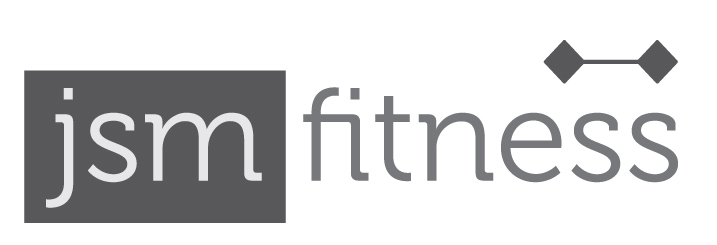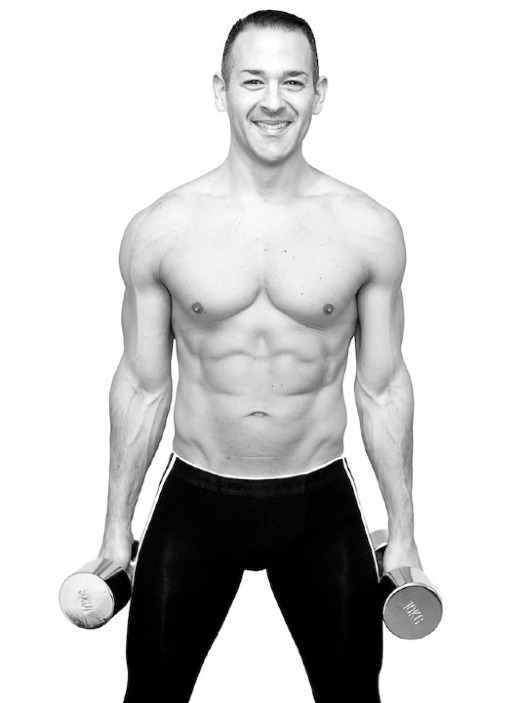How to Stay Hydrated During Summer Workouts: Essential Tips for Peak Performance

Exercising in the summer can be both energising and challenging. With longer daylight hours and warmer weather, many people take their workouts outdoors. However, training in the heat comes with a higher risk of dehydration, fatigue, and even heat-related illness. Staying properly hydrated is crucial for maintaining peak performance, aiding recovery, and protecting your health.
Whether you are training for weight loss, building strength, or maintaining overall fitness, this guide will help you understand the importance of hydration and how to manage it effectively during summer workouts.
Why Hydration Matters
Water makes up about 60 percent of your body and is involved in nearly every bodily function, including:
Regulating body temperature
Lubricating joints
Transporting nutrients
Aiding digestion
Supporting muscle function
When you exercise, especially in warm weather, your body loses water through sweat. If you do not replace this lost fluid, dehydration can set in quickly, leading to fatigue, dizziness, muscle cramps, and a drop in performance.
How Much Water Should You Drink?
Hydration needs vary based on body size, sweat rate, temperature, and exercise intensity. However, a general rule is:
Drink at least 500ml of water 1 to 2 hours before exercise
Sip 200 to 300ml every 15 to 20 minutes during a workout
Rehydrate with at least 500ml within 30 minutes post-workout
Weighing yourself before and after exercise can help determine how much fluid you lost and need to replace. For every 0.5 kg lost, drink an additional 500ml of water.
Signs of Dehydration
Recognising dehydration early can help prevent more serious issues. Look out for:
Dry mouth and lips
Headache
Dark yellow urine
Dizziness
Muscle cramps
Fatigue
If you notice any of these symptoms, take a break, find shade, and rehydrate immediately.
What to Drink
Water is usually sufficient for most workouts under one hour. However, for longer or more intense sessions, especially in the heat, you may need to replenish electrolytes as well.
Electrolyte-rich drinks help restore sodium, potassium, and magnesium lost in sweat. Examples include:
Coconut water
Sports drinks (low sugar versions)
Electrolyte tablets dissolved in water
Homemade drinks with water, lemon juice, and a pinch of salt
Be cautious with high sugar drinks as they may cause an energy spike and crash. Look for low sugar or natural options to stay hydrated without added calories.
Best Practices for Staying Hydrated
Start Your Day with Water
Begin with a glass of water first thing in the morning, especially if you plan to exercise. It sets the tone for the rest of your hydration habits.Carry a Water Bottle Everywhere
Having water on hand encourages regular sips throughout the day and during workouts. Aim to drink consistently rather than gulping down large amounts at once.Eat Water Rich Foods
Fruits and vegetables such as watermelon, cucumbers, oranges, and strawberries contribute to overall hydration and provide essential vitamins and minerals.Adjust Your Intake for the Weather
In hotter climates or during heatwaves, increase your water intake throughout the day, not just during workouts.Hydrate Before You Feel Thirsty
Thirst is not always the best indicator of hydration. Stay ahead by drinking regularly, especially during outdoor activities.Monitor Your Urine Colour
Clear or light yellow urine generally means you are well hydrated. Dark yellow or amber suggests you need more fluids.
Hydration Based on Fitness Goals
For Muscle Gain: Include electrolyte drinks with protein shakes post-workout to replenish and aid muscle recovery.
For Weight Loss: Opt for plain water or herbal teas to stay hydrated without extra calories.
For Maintenance: Use a combination of water and water-rich foods to support regular activity and overall well-being.
For Recovery: Combine hydration with a balanced post-workout meal that includes carbohydrates and protein for optimal recovery.
Do Not Rely on Thirst Alone
Especially in older adults or highly active individuals, the sensation of thirst can diminish or delay. This can make it harder to know when to drink. Set reminders or develop a routine that encourages regular fluid intake, particularly in the summer.
Final Thoughts
Proper hydration is one of the most overlooked yet essential components of a successful fitness routine. By prioritising water and electrolyte intake, you will train safer, recover faster, and see better results from your efforts.
If you are unsure how much fluid you need or how to manage your summer training plan, speak with a personal trainer. At JSM Fitness, we can help tailor a programme that suits your goals and includes a full hydration and nutrition strategy.
Need help staying on top of your summer fitness goals? Get in touch with JSM Fitness to create together a plan that works for you.
Website: www.jsmfitness.co.uk
Email: [email protected]
Phone: 07590 830263
St Albans Personal Trainer, serving Harpenden & Surrounding Areas in Hertfordshire
JSM Fitness: St Albans Personal Training, serving Harpenden & Surrounding Areas in Hertfordshire
Boost Your Fitness, Let’s Work Together!
Book Your First Personal Training Session Today!
Website: www.jsmfitness.co.uk
Email: [email protected]
Phone: 07590 830263


Comments